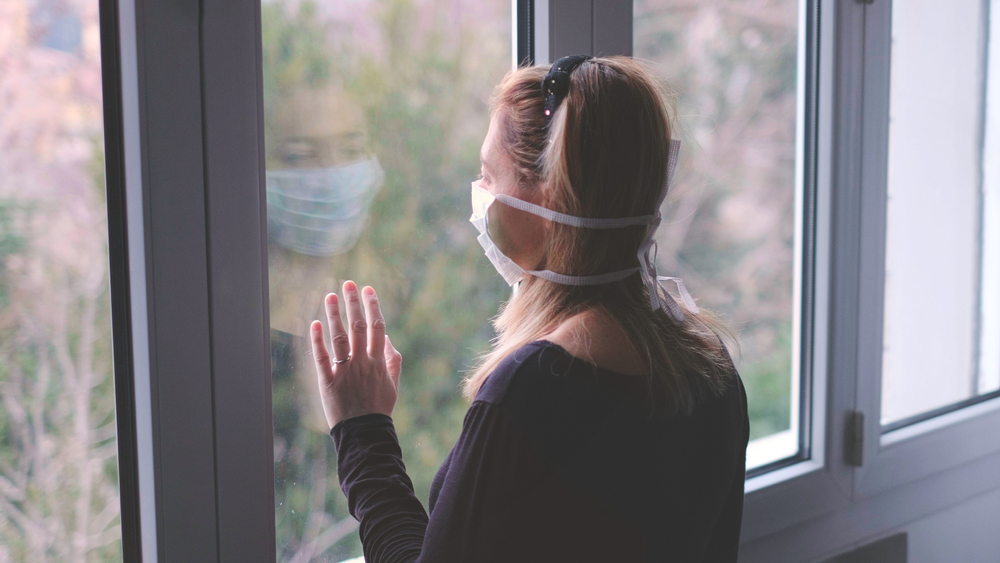Weekly Market Comment: March 3, 2020
It was nice to see some green numbers on the screen this week including several Legacy positons we own. In fact, it was the sharpest rally in the Dow since 1933. And while we’re likely not out of the woods yet, this week provides a great reminder that some of the worst days in the markets are often followed by some of the best – an important reason to stay the course. For example, the impact on the TSX returns of missing the 20 best stock market days over a 20-year period (1998-2018) – the average return drops from 8.8% to 2.9%.
Besides reviewing all our Legacy positions for the expected impact of the coming recession, we have spent considerable time on conference calls with fund managers (Manulife, Sentry, Picton, PIMCO, RP Strategic, Canso, UBS) and disease experts providing technical updates on the coronavirus.
The general consensus is the worst of the stock market’s fear and panic is likely behind us-remember peak fear will precede peak cases. And that is not to say the virus has inflicted peak damage; by all accounts, it has not. Daily new cases in Italy have improved, but deaths continue to soar. Spain is arguably worse, while America is worse still.
Given the gravity of the current situation, we have witness this week the largest bi-partisan stimulus package in American history, worth approximately $2 trillion. We are also seeing other governments and central bank support is being doled out fast and furiously. It’s messy but these measures work.
In Canada, Ottawa announced they will cover 75% of wages for qualifying small and medium-sized businesses. The Bank of Canada cut its key interest rate another half a percent to 0.25% today while Canadian banks along with other initiatives, plan to offer $40,000 for qualifying businesses.
So let us hold our heads high as we spend more time with family (at home self-isolated or via social media/Face-time), remembering that we too can do our part to reduce the burden and risk to our healthcare community, as well as the risk to the elder members of our society - without whom the rest of us would never have been conceived.
Finally, we want to take a moment to express gratitude to every healthcare worker enlisted on the frontlines of this fight. Some of our clients are among them, as are members of their households. Our hearts also go out to those that have contracted the virus (so far just one client that we are aware of and he is doing well recovering as of this afternoon). Let’s all do our part in fighting this pandemic -this virus is tough but we humans are tougher.
Musings Beyond the Markets
This week’s musings is not beyond the markets, though it looks at them in a much more personal way. Written by a Pulitzer Prize journalist who teaches at Columbia, the author reveals that, like the rest of us, he is prone to emotional pangs of fear and greed.
This week I described my recent investing struggles to Frank Murtha, a managing partner of the consulting firm MarketPysch and an expert in behavioral finance. He said nothing I told him was unusual, even among seasoned investors.
My reluctance to look at my portfolio was common, he said. “Watching yourself have less money is painful,” he said. “It’s not just that you’re poorer. You also feel ashamed, foolish, like you screwed up. One of the toughest things is to separate your money from your ego and identity.”
He gave me credit for gathering the courage to face reality and then to buy. “Nothing relieves anxiety more than taking action,” he said. “You can take small actions that address the emotional need to do something without putting your finances at undue risk.”
Stocks are one of the few assets that psychologically become harder to buy as they become cheaper. “Every decision to buy is met with negative reinforcement,” Mr. Murtha said. Even he missed the great buying opportunity in March 2009. “I was too scared,” he said.
At least I didn’t commit what Mr. Murtha considers the most serious error, which is to sell into a steep decline. “That’s where people really get hurt,” he said. “Once you’re out, the emotional leverage works against you. Either the market drops further, which confirms your fear. Or it goes up, and you don’t want to buy after you just sold. Then it gets further and further away from you. People don’t realize how hard it is to get back in.”
The full version of this excellent article can be read here.
Notable reads from around the world:
- WCS cheaper than a pint of beer (Financial Post)
- Canada’s big banks field more than 200,000 mortgage deferral requests (G&M)
- CMHC triples the size of its mortgage-purchase program to $150-billion (G&M)
- B.C. assumes power to take over supply chains amid COVID-19 (G&M)
- G20 leaders to inject $5 trillion into global economy to fight coronavirus (Reuters)
- MIT researchers launch location-tracking effort for the new coronavirus
- B.C. real estate market frozen over COVID-19 uncertainty
- Blood plasma from survivors will be given to coronavirus patients
- A brief history of RBC’s Hastings at Granville location, completed in 1931
- John Fogerty performs ‘Have You Ever Seen The Rain” and other CCR hits
The TSX Composite rebounded 7% while the S&P 500 clawed back 10.3%.




